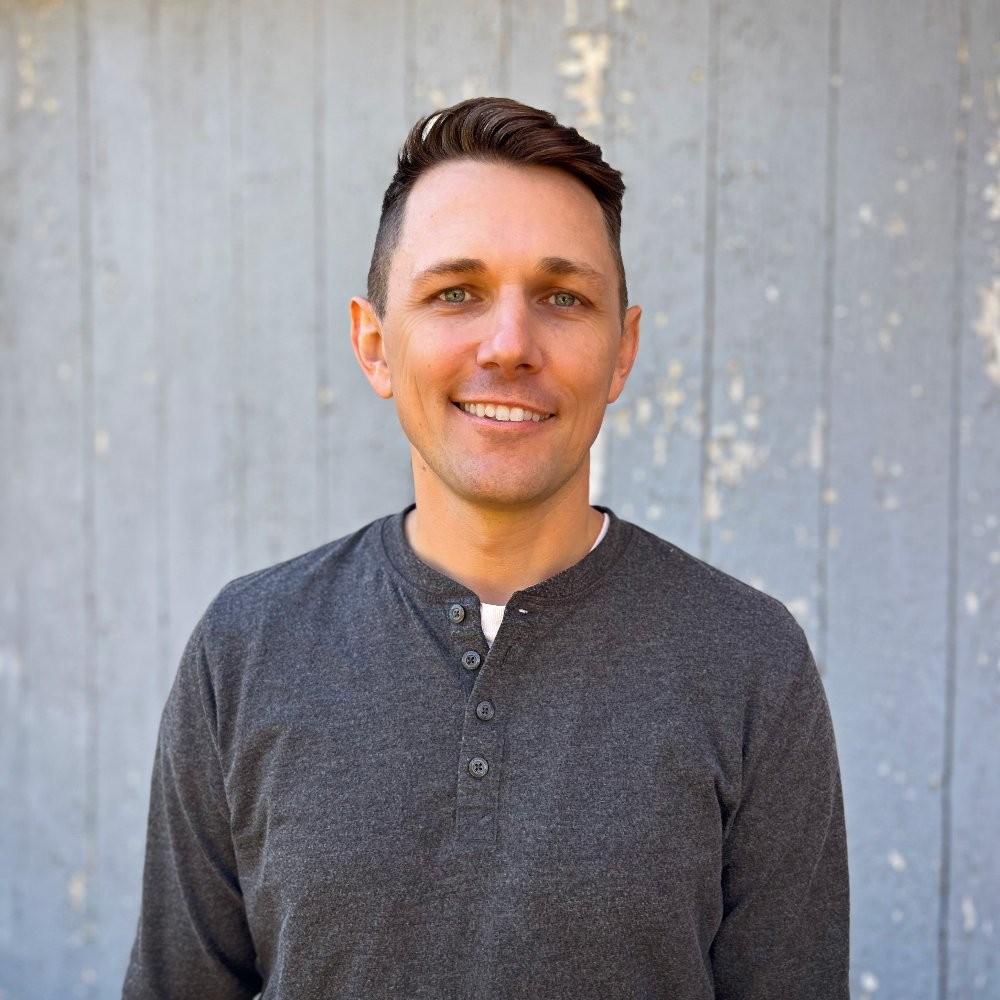The scientific method is a systematic approach used by scientists to study questions in nutrition and other fields. While textbooks may present a numbered list of steps, it's important to understand that there is no single scientific method; the number of steps can vary. A general outline includes several key components that guide researchers through the process.
Initially, the process begins with making observations or asking questions about a phenomenon. These observations lead to the formulation of a hypothesis, which is a statement that predicts the outcome of the phenomenon being studied. Unlike the common definition of a hypothesis as merely an educated guess, it is more accurately described as a specific prediction that establishes testable relationships among variables.
Once a hypothesis is established, researchers design and conduct a study to test it. This involves collecting data, which is ideally in numerical form, as numerical data can be analyzed using statistical methods. While a deep understanding of statistics is not required for all courses, it is a crucial aspect of nutrition research for those interested in pursuing it further.
After conducting the study, researchers analyze the data to draw conclusions. These conclusions may either support or refute the original hypothesis. If the hypothesis is not supported, it is refined, and the process may be repeated. Regardless of the outcome, sharing findings is essential, typically through publication in a peer-reviewed academic journal. The peer review process ensures that the scientific methods used in the study were sound, although it does not guarantee the correctness of the findings.
Ultimately, scientific consensus is built on multiple studies yielding similar results. Therefore, it is prudent to be cautious about individual studies and to wait for a body of evidence before forming nutritional advice. This iterative process of observation, hypothesis testing, and peer review is fundamental to advancing knowledge in nutrition and other scientific disciplines.


